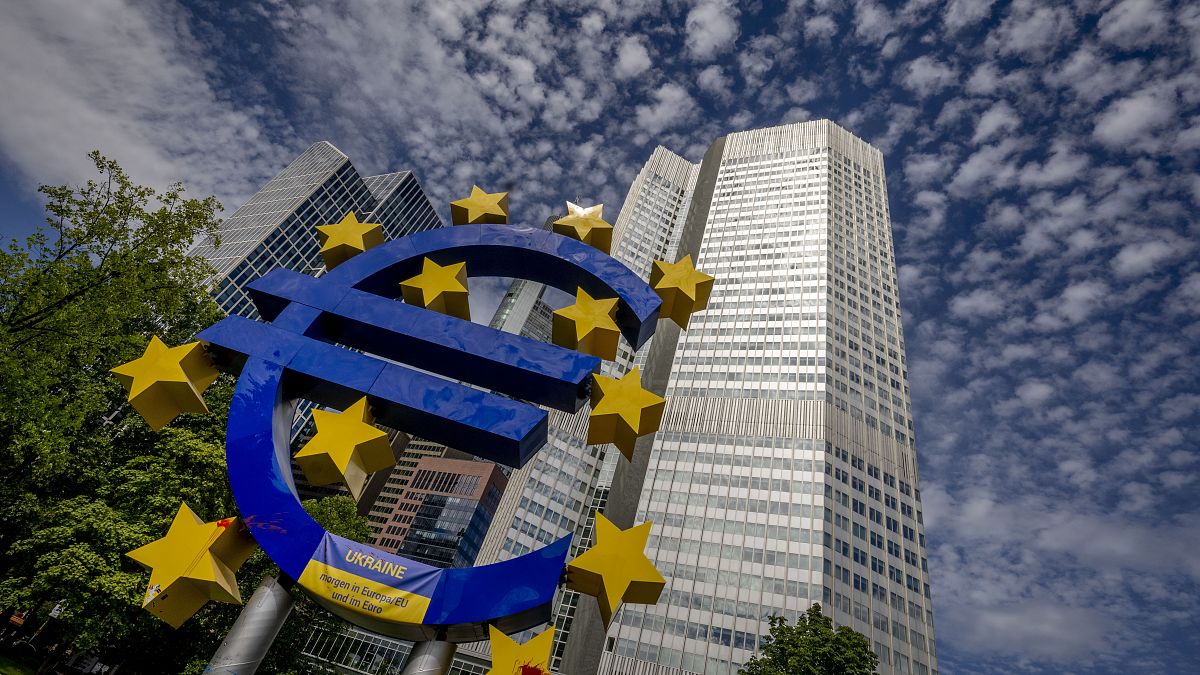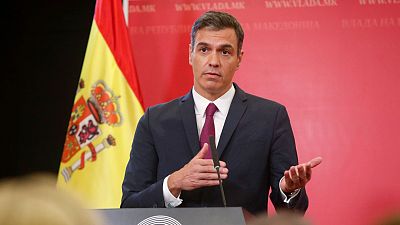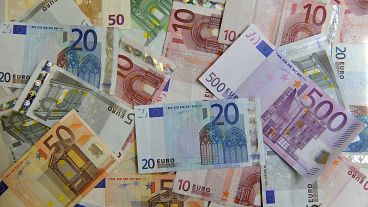A new spike in energy prices has added to fears of recession, with manufacturing surveys due on Tuesday expected to highlight the damage done to activity.
Asian shares were down for a sixth straight session on Tuesday after a renewed spike in European energy prices stoked fears of recession and pushed bond yields higher, while tipping the euro to 20-year lows.
Benchmark gas prices in the European Union surged 13% overnight to a record peak, having doubled in just a month to be 14 times higher than the average of the past decade.
Analysts at US bank Citi warned on Monday that inflation in the UK could top 18% if energy prices were not restrained, more than nine times the Bank of England's target. Consumer price inflation last reached such a level in 1976.
European and British manufacturing surveys due later on Tuesday were expected to highlight the damage being done to activity, with Germany seen deeper in contractionary territory.
One analyst said the "dire energy situation" suggested the inflation peak had no yet been reached, with a high risk that it would remain high for some time without central bank intervention.
"No surprise then to see the US dollar at near multi-decade highs against a falling euro and (British) pound," said Tapas Strickland, a director of economics at NAB.
The single currency was struggling at $0.9937, having again plunged below parity with the dollar on Monday — the lowest in nearly 20 years — caught between a major energy crisis in Europe and a US Federal Reserve still on the offensive to curb inflation.
The announced closure for maintenance of the Nord Stream 1 pipeline — which supplies most of Russia's gas to Europe — between 31 August and 2 September, has further heightened fears of shortages and sent natural gas prices in Europe soaring.
"This increases the risk of a significant economic slowdown by the end of the year" in the eurozone, said Shaun Osborne of Scotiabank.
German Chancellor Olaf Scholz, working to reduce his country's dependence on Russia for energy, is in Canada this week to sign a deal to supply clean hydrogen to Germany in the future. But in the meantime he said natural gas will be needed.
The British pound was little better than the euro on Monday against the dollar. It was flirting with its March 2020 level in the early days of the pandemic, at $1.1760 to the pound. Before 2020, the pound had not fallen below $1.18 since 1985.
Hungary, which is heavily dependent on Russian supplies, has seen the forint fall to its lowest level ever against the dollar, at 411 forints to the dollar.
"The sword of Damocles hanging over Europe is here to stay," warned Kit Juckes, an analyst at Société Générale.
And the week threatens to be even more painful for the euro, as "poor PMI indicators on Tuesday could be enough to anchor the euro below a dollar," he said.
Some analysts see the euro slipping further as winter approaches. But for Shaun Obsorne, "the dollar has already gone very high and we are not convinced that it will go much further in the medium term".



